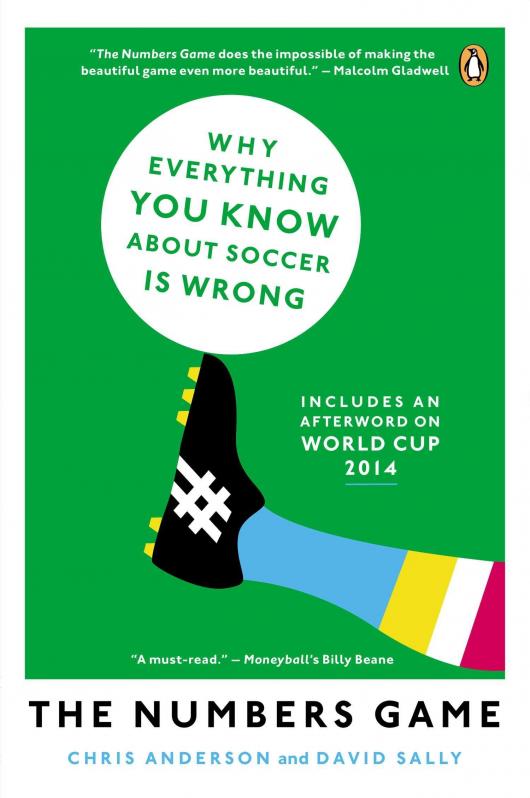There is a story about the now mythical Manchester City that won the Premier League in 2011-12.
It is said that coach Roberto Mancini liked out-swinging balls in corners. That means balls that curve to the outside of the goal. It is a common belief in soccer that these balls are better than in-swingers because the header is stronger when connecting such, but apparently Manchester City was not scoring goals from such set pieces, so David Platt (Mancini’s assistant) went to talk to the Data Analytics team (yes, Manchester City has a team dedicated to this), whose response was that they had analyzed over 400 corners from different leagues in the world and found out that the in-swingers were more dangerous.
Mancini, probably not the happiest about these counter-tradition findings, switched to these type of corners, and Manchester City ended up scoring 15 goals from set pieces, leading the rankings of the EPL.
Yes, another real life "Moneyball" type of story.
Whether we like it or not, times are changing. The continuous expansion of communications, and in particular the internet, is still modifying everything around us: the way we see the world and the way businesses, and even sports, are perceived and evaluated.
In the times of infinite databases and big data analysis, soccer has always been an old-fashioned man, but even the most technology adverse gentlemen are slowly starting to adapt to the new eras. It is simply undeniable at this point that the analysis of large information sets is valuable and can represent an advantage for those who count on them against those who resist the change.
Chris Anderson and David Sally, two economists from Cornell and Dartmouth universities, know this very well and wrote the book “The Numbers Game” in which they assess several soccer clichés and beliefs through data analytics methods, finding some extremely interesting results.

One of their chapters that I found remarkably interesting poses the idea that goals could have different values, depending on how many points they tend to produce for a team. This is to distinguish that the fifth goal on a 5-1 win is not really as valuable as the first goal on a 1-0 win, so if we assign values to these goals and then we evaluate the players that tend to score them, we could create a pondered table of the goal scorers who generated more points for a team, even if other players scored more goals in total, and from there define how much a club should spend to get the services of such players.
Following this approach, they found scoring three goals does not give you three times as many points as one single goal and four goals (what represents an increase of 33.3 percent from three goals) does not give you an additional 33.3 percent points, so the "marginal utility" (as economists call it when referring to the additional benefit that results from adding one unit of something) decreases and becomes very stable after a couple goals.
Do you follow their approach? Interesting, isn’t it?
By performing this analysis, they concluded that the most valuable goal is the second one, followed by the first. Therefore, they created a pondered table of goal-scorers in the EPL, giving them a score that resulted from the total number of goals scored and the relative value of each of these goals. The databases they used were from the EPL records between 2009 and 2011, years in which Fernando Torres and Andy Carroll had been the most expensive transfers in the market.
Maybe not such a big surprise, they found out that neither of these two players had actually been the most valuable goal scorers: They goals didn’t result in as many points for their teams as other strikers’ goals had brought in. Moreover, they estimated that the most consistent marginal point producer was Darren Bent from Sunderland, whose goals were responsible for 45.5 percent of his team’s points, concluding that Chelsea could have been better off spending half of the money it paid for Fernando Torres in buying Darren Bent’s transfer.
I do think that these analyses might be missing some other influential variables, but we have to consider that data analysis in soccer is still an infant. This is happening, whether we like it or not. Analytics is one of the new tools that coaches have to consider if they don’t want to fall behind, and the results are starting to show.
Ask Roberto Mancini about it.





